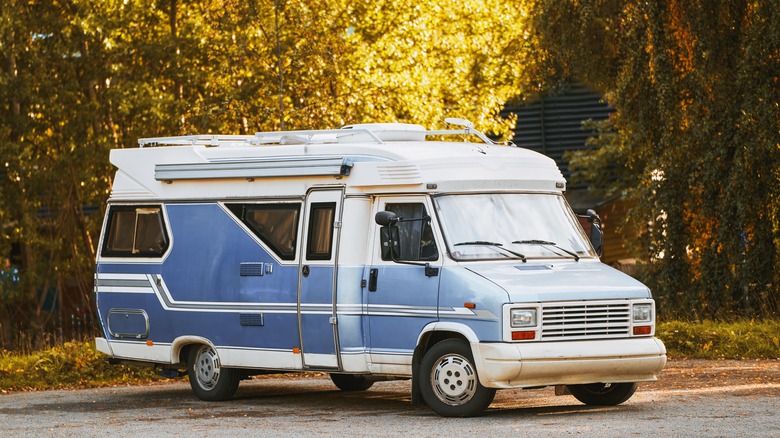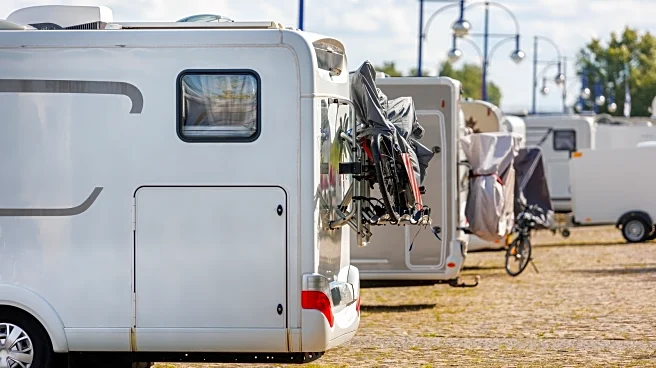
For RV owners, booking a campsite is becoming a little trickier. This is because many popular destinations can often sell out months in advance, and there's another obstacle now too: the age of their vehicle. This is where the "10-year rule" comes in. The policy is used by certain private RV parks and campgrounds, and it effectively prohibits models which are over a decade old. Typically, the rule is enforced at upscale resorts, though not exclusively, and it tends to be enforced more strictly during
peak seasons when sites are in high demand. Enforcement varies from site to site, with some campgrounds applying it rigidly, while others are taking a more lenient approach depending on availability, and the condition of your RV.
So, why does the rule exist? The sensible reason is that it's about reducing risks. It's common sense to assume that older RVs are typically more prone to mechanical issues, fluid leaks, or faulty wiring, which can result in safety hazards and potentially even fines for campground owners. Much in the same way that older cars are generally considered less dependable than new ones. There's also a point to be made about the appearance of some older RVs, as parks don't want rundown or poorly maintained vehicles negatively impacting the atmosphere for other guests.
Furthermore, broken-down RVs can sometimes be stranded onsite for extended periods of time, complicating operations and costing a business. It's worth noting that, as the policy is only enforced at privately owned parks, where managers have the right to set their own standards, and not at public parks, it is perfectly legal. While the rule may feel exclusionary, it's a reality that RV owners may face when booking campsites.
Read more: Every Major Car Insurance Company Ranked Worst To Best (According To Consumer Reports)
Here's What To Do If Your RV Is Over 10 Years Old

So, what happens if your RV is more than 10 years old? Fortunately, there are ways to improve your chances of being welcomed, and one of the most effective steps you can take is to keep your RV well-maintained, both mechanically and cosmetically. This is because a number of parks that use the rule will request recent photos during the booking process, allowing them to judge condition rather than relying solely on age. Submitting clear images that highlight upgrades, repairs, and good upkeep can make a difference. You can even volunteer photos and acknowledge your RV's age before they bring it up.
This is also true for owners of classic or retro RV models. Many campgrounds will be willing to accept them if they've been updated with modern appliances, HVAC systems, and safety features, and if their exteriors are in good shape. Noting renovations like these when applying to stay will likely help your chances of being approved.
Another factor is the length of your stay, with some parks waiving the rule for short-term, but enforcing it for extended stays. Luxury campervans and RVs may also receive more flexibility, as they are generally viewed as higher quality even when older. Of course, one alternative is simply to take your business elsewhere. Not all RV parks enforce the 10-year rule, and many welcome older but well-cared-for rigs. With the number of campgrounds across the U.S., it usually isn't difficult to find options more accommodating to your vehicle.
Want the latest in tech and auto trends? Subscribe to our free newsletter for the latest headlines, expert guides, and how-to tips, one email at a time.
Read the original article on SlashGear.

















